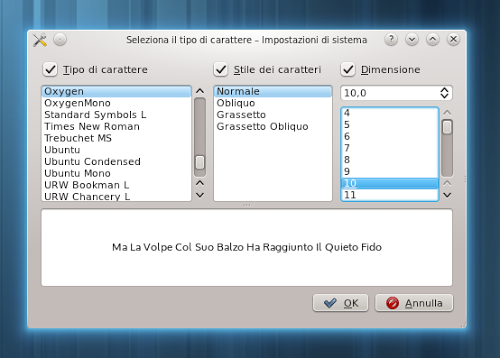
- JITSI VS BIGBLUEBUTTON HOW TO
- JITSI VS BIGBLUEBUTTON PDF
putRecordingTextTrack - Upload a caption or subtitle file to add it to the recording. 
getRecordingTextTracks - Get a list of the caption/subtitle files currently available for a recording.getMeetingInfo - Added field to return client type (FLASH, or HTML5).getMeetings - Now returns all the fields in getMeetingInfo.
 create - Added bannerText, bannerColor, logo, copyright, and muteOnStart. updateRecordings - Meta parameters can be edited. getRecordings - Returns an XML block with thumbnails from the slides as well as a N element with number of participants who attend the meeting. getMeetingInfo - Added fields on the returned XML. create - Added fields on the returned XML. getRecordings - Added meta parameter and state parameter to filter returned results. getMeetingInfo - Added fields on the returned XML and deprecated parameters. getMeetings - Added fields on the returned XML. create - Added three parameters: moderatorOnlyMessage to display message only visible to moderators and autoStartRecording/ allowStartStopRecording to provide finer control over recordings. join - configToken can now reference a file in /var/bigbluebutton/configs, such as myconfig.xml. The BigBlueButton server returns an XML response to all API calls. All API calls must include checksum computed with a secret shared with the BigBlueButton server. To make an API call to your BigBlueButton server, your application makes HTTPS requests to the BigBlueButton server API endpoint (usually the server’s hostname followed by /bigbluebutton/api). upload closed caption files for meetings. get recordings for past meetings (and delete them). NOTE: this course is covering BBB Version 2.2 and yet the newer versions are not fully stable to focus in this course.This document describes the BigBlueButton application programming interface (API). Streaming a conference to YouTube live (if Jibri is configured)Īfter this course, you can easily set up the Jitsi and BigBlueButton video conferencing service on your own domain. Screen sharing (if jidesha is setup, only required in Chrome) Integration with phone systems (using FreeSWITCH)Īuto-view the active speaker or click on any attendee to see their video.
create - Added bannerText, bannerColor, logo, copyright, and muteOnStart. updateRecordings - Meta parameters can be edited. getRecordings - Returns an XML block with thumbnails from the slides as well as a N element with number of participants who attend the meeting. getMeetingInfo - Added fields on the returned XML. create - Added fields on the returned XML. getRecordings - Added meta parameter and state parameter to filter returned results. getMeetingInfo - Added fields on the returned XML and deprecated parameters. getMeetings - Added fields on the returned XML. create - Added three parameters: moderatorOnlyMessage to display message only visible to moderators and autoStartRecording/ allowStartStopRecording to provide finer control over recordings. join - configToken can now reference a file in /var/bigbluebutton/configs, such as myconfig.xml. The BigBlueButton server returns an XML response to all API calls. All API calls must include checksum computed with a secret shared with the BigBlueButton server. To make an API call to your BigBlueButton server, your application makes HTTPS requests to the BigBlueButton server API endpoint (usually the server’s hostname followed by /bigbluebutton/api). upload closed caption files for meetings. get recordings for past meetings (and delete them). NOTE: this course is covering BBB Version 2.2 and yet the newer versions are not fully stable to focus in this course.This document describes the BigBlueButton application programming interface (API). Streaming a conference to YouTube live (if Jibri is configured)Īfter this course, you can easily set up the Jitsi and BigBlueButton video conferencing service on your own domain. Screen sharing (if jidesha is setup, only required in Chrome) Integration with phone systems (using FreeSWITCH)Īuto-view the active speaker or click on any attendee to see their video. Upload of PDF and Microsoft office documents. Real-time sharing of audio, video, screen. Both services are open source and you can customize the service depending on your needs. You can set up a video conferencing service on the main domain of your website to chat with your staff or teach your students.
In this short course, we will learn how to set up Jitsi and BigBlueButton on a private server so that you can use this technology in a personalized way.

Today, the use of video conferencing has increased and includes such things as holding daily meetings, negotiating and doing business, interviewing people, teaching and virtual education, and so on. Because it saves time, money and hassle related to business travel. This technology is especially suitable for business users in different cities or even different countries.

Virtual audio and video conferences provide the ability to talk to people in different places without the need to move people. Today, video conferencing technology has a wide audience.








 0 kommentar(er)
0 kommentar(er)
